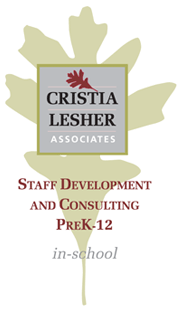Lying in school—one way to handle it
Date: September 18th, 2014
By: Polly Bath
Watch this video [1:53] about how I sometimes handle things when I think a student is lying. Or is going to lie.
“Rachel, did you take those things from Billy’s desk? But Rachel, I saw you take them from Billy’s desk. Why are you lying?”
You know, lying is something that really gets under our skin, because it taps off of our own personal beliefs about being respectful to one another, if you will. But lying, by definition, is actually “refusal.” It’s refusal to tell the truth.
I don’t want to have to get into it with a kid and go back and forth about yes you did, no you didn’t, yes you did, no you didn’t. Because in most cases, we know they’re lying. What I want them to do is to see the value of owning their own behavior…
“Rachel, when you don’t tell the truth, they call it lying. You know that. Lying is really refusal, refusing to tell the truth. The best thing you can do right now is to take the stuff that you have of Billy’s and just put it right back in his desk.”
I once had a cellphone taken from my desk. I had a feeling I knew who did it, but if I confronted him, he would have lied. So instead I asked the whole class. I said, “You know, sometimes, people have to make a phone call. Whoever borrowed my phone to make that phone call yesterday, could you just please make sure you return it to the top drawer of the file cabinet by tomorrow morning, and that would be much appreciated.”
Well, you know, that phone did show up in the file cabinet the next morning, and what it did was it gave the child a chance to save himself. Just by returning the phone was admission that he had taken it in the first place, and we didn’t have to go to battle over lying, did do it, didn’t do it, didn’t do it, did do it.
I find that children are more afraid of further repercussions when they lie, so giving them a chance to make it better on their own helps them to own that behavior.

